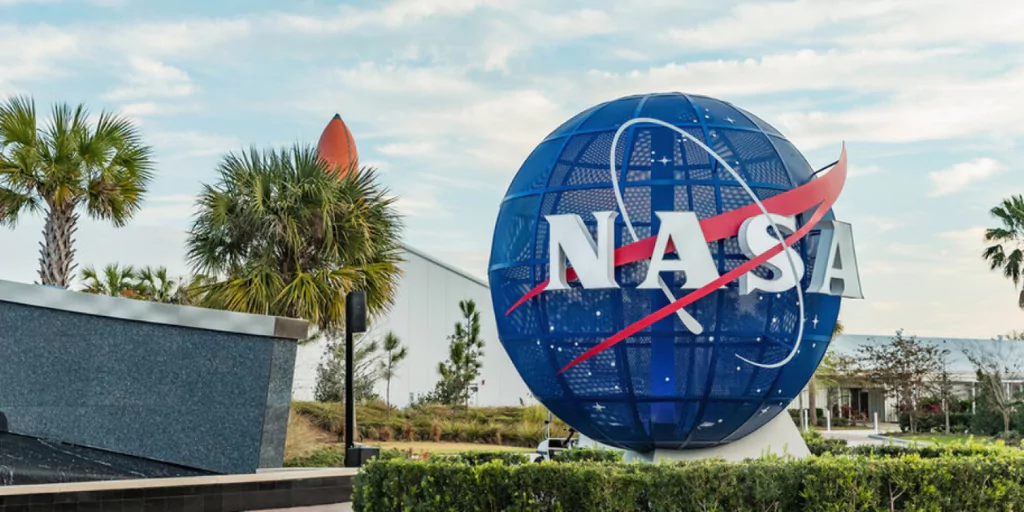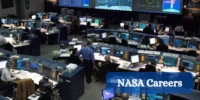One of the most prominent space agencies in the world is NASA, the National Aeronautics and Space Administration. Many people aspire to work for NASA, either as a technician, scientist, engineer, or astronaut making ground-breaking discoveries or as an astronaut exploring space. However, how can this dream be realized? This book will help you learn about the routes to becoming an astronaut and working at the National Aeronautics and Space Administration.
Working for NASA
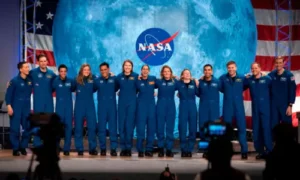
NASA provides a wide range of job options in several fields, including science, engineering, IT, administration, and space exploration. Here’s how to apply for a job at National Aeronautics and Space Administration:
1. Select the Correct Educational Path
- A solid background in STEM fields is necessary.
- Aerospace engineering, physics, astronomy, computer science, biology, and mathematics are common degrees for NASA careers.
- Advanced degrees (Master’s or PhD) may increase your chances of landing a research position.
2. Acquire Relevant Experience
- NASA internships through programs like the NASA Pathways Intern Employment Program can offer invaluable experience.
- Work with aerospace companies, research institutions, or government agencies involved in space exploration.
- Take part in practical projects, robotics contests, or scientific research.
3. Apply for Jobs at NASA
- To find National Aeronautics and Space Administration job openings, visit USAJOBS.gov.
- Make sure your resume emphasizes your technical expertise, teamwork, and problem-solving skills.
- Networking with NASA professionals and going to space-related events can help you get hired.
Becoming an Astronaut
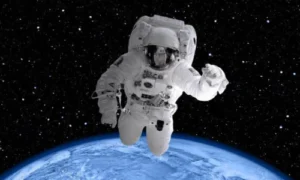
Becoming an astronaut is one of the most difficult career paths, but it is possible with the right qualifications and dedication.
1. Meet the Basic Requirements
- Educational Requirements: A Bachelor’s degree in STEM (engineering, biological science, physical science, or mathematics) is the minimum requirement; a Master’s or Ph.D. can be helpful.
- Professional Experience: At least three years of relevant experience or 1,000 hours of pilot-in-command time in a jet aircraft (for pilot astronauts).
- Physical Fitness: The National Aeronautics and Space Administration administers stringent fitness and medical examinations. Astronauts need to be physically strong, have good vision, and be able to control their blood pressure.
2. Acquire Experience and Specialized Training
- A large number of astronauts had military experience, particularly as engineers, medics, or test pilots.
- You can get ready for space settings by working in harsh locations like research stations, deep-sea diving, or Arctic expeditions.
- As NASA works with worldwide space agencies, you can learn survival techniques, SCUBA diving, and become fluent in foreign languages like Russian.
3. Apply for the Astronaut Program at NASA
- Every few years, the National Aeronautics and Space Administration accepts applicants for astronauts, and there is intense competition.
- Interviews, physical examinations, psychological testing, and intense training are all part of the selection process.
- After being chosen, astronaut candidates train for two years in robotics, spaceflight, emergency readiness, and extravehicular activities (spacewalks).
Alternative Paths to Space
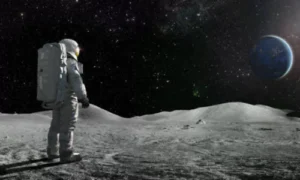
There are various ways to work in space exploration if you don’t want to be a NASA astronaut:
- Private Space Companies: Jobs in technology and spaceflight are available at companies like SpaceX, Blue Origin, and Boeing.
- International Space Agencies: Take into consideration a career with the Russian space agency Roscosmos, the Japanese Aerospace Exploration Agency (JAXA), the Indian Space Research Organization (ISRO), or the European Space Agency (ESA).
- Research and Academia: Through research labs and universities, several scientists support NASA’s missions.
- Citizen Astronaut Programs: New prospects are being created by commercial astronaut programs and private space tourism.
Conclusion
Being an astronaut or working for NASA is difficult, but it is possible with the correct training, experience, and commitment. Getting ready early and getting practical experience will greatly increase your chances of landing a job as an engineer, scientist, or astronaut. Never stop learning, exploring, and aiming high if space is your passion!


